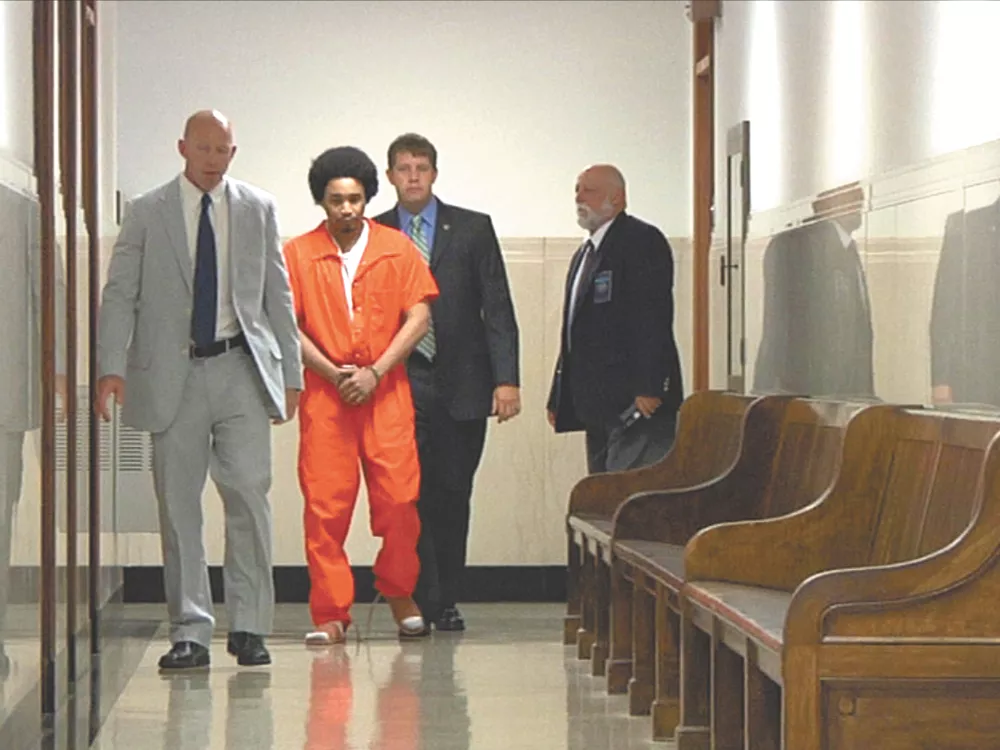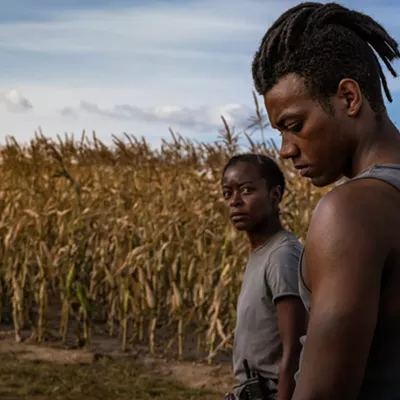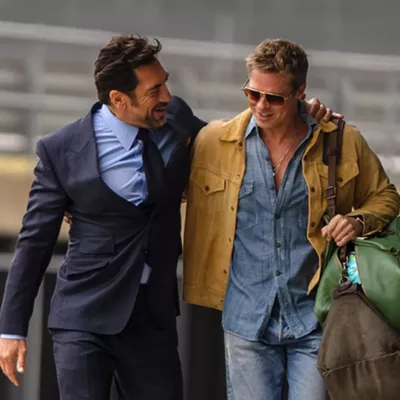
They sure do love the documentarian Eugene Jarecki at the Sundance Film Festival, having now awarded him the Grand Jury Prize twice. He nabbed it in 2005 for Why We Fight, his biting diatribe against then-President George W. Bush and other contemporary warmongers, and he got it earlier this year for The House I Live in, a condemnation of America’s failed “War on Drugs.”
I understand the decision for his first win, as it was an insightful exploration of the subject. But I’m not sure why the new film was even nominated. It’s a rambling, unfocused affair that grasps at so many straws while trying to explain why the program has been failing since its inception, it keeps losing track of what it’s trying to say.
Jarecki, obviously not a fan of Republican presidents, takes aim at Richard Nixon, right from the get-go, pointing to him, via archival footage, as the architect of the “war.”
“America’s public enemy number one, in the U.S., is drug abuse,” says an emphatic Nixon. Jarecki follows that immediately with a clip from the Ronald Reagan presidency, when Reagan happily announces, “We’re beginning to win the crusade for a drug-free America.”
It’s a good start, as are a couple of follow-up segments, one of Jarecki family friend Nannie Jeter, who blames the death of her son on drugs, without saying how it happened, and another of writer-producer David Simon (The Wire, Treme), who pops in and out of the film delivering a level-headed history of drugs in America.
But it’s when Jarecki’s cameras start following and getting matter-of-fact talk from small-time drug dealers, cops assigned to both drugs and prostitutes, the head of security at a prison, and various journalists and professors, that it becomes difficult to follow the story he’s trying to tell.
Jarecki began filming in 2008, and has amassed a lot of footage, resulting in some amazing moments. One young guy, just arrested, still cuffed, sitting in a police station, calmly says to one of the cops, “I’m not mad at anybody. I made the mistake of doing this. I’ll pay the consequences.” In a different town, a judge, with practically the same demeanor as the prisoner, looks at the camera and says, offhandedly, of drug-related cases he decided on, “I’ve sent over 2,600 hundred people to federal prison.”
Jarecki shows us a couple of those prisons, and they are cold, scary places. He also gets fairly chatty interviews from a few inmates, some of whom are there forever, and then it’s back to David Simon, casually zipping through his thoughts on drugs and drug abuse in America, dating back to the 1950s.
Yet there’s a sort of disconnect here. Jarecki has assembled all of these stories to tell one big one. He seems to want to convey the futility of what our government is doing to so many nonviolent drug offenders. He tries to make us cringe at the harshness of the punishments inflicted on these people. But the film gets numbing rather than interesting.
It’s too bad that he waits till the last reel to attempt to hit one out of the park by indicting a system that, he argues, is still in existence because there are now so many prisons in America, and so many people depending on them for jobs, they’re being filled with people who don’t really belong there (for instance, casual drug users), just so they stay filled. Worse, he follows up that damning information with someone who babbles about the drug war actually being a “class-based” version of the Holocaust.
Too bad that such a promising subject for a film is reduced to overlong repetitive segments, and capped off by lunacy.
Opening night presentation by the Smart Justice Campaign Coalition • Fri, Dec. 7, at 7 pm, followed by a short discussion facilitated by The Rev. Percy “Happy” Watkins • Magic Lantern • 25 W Main Ave.















